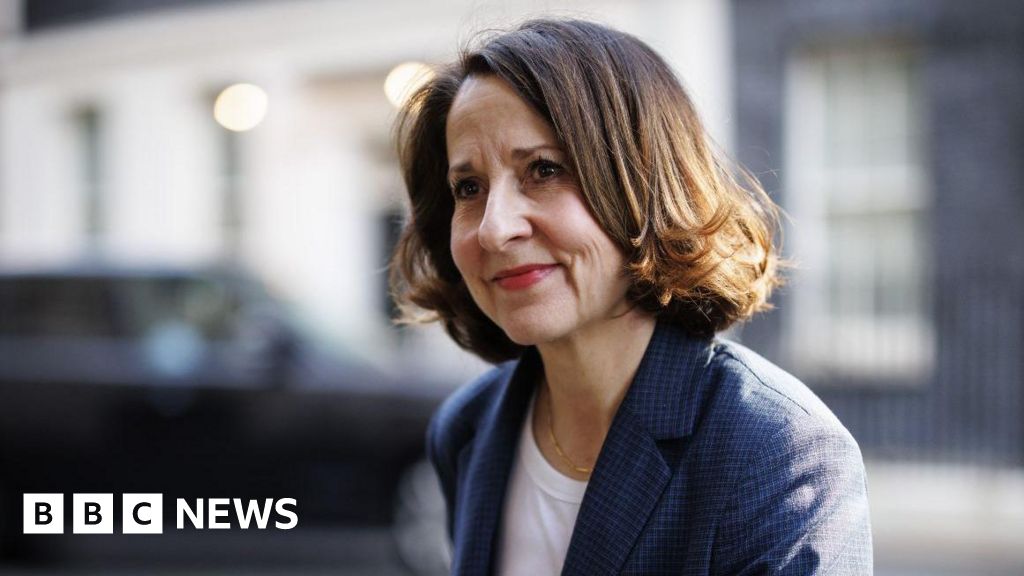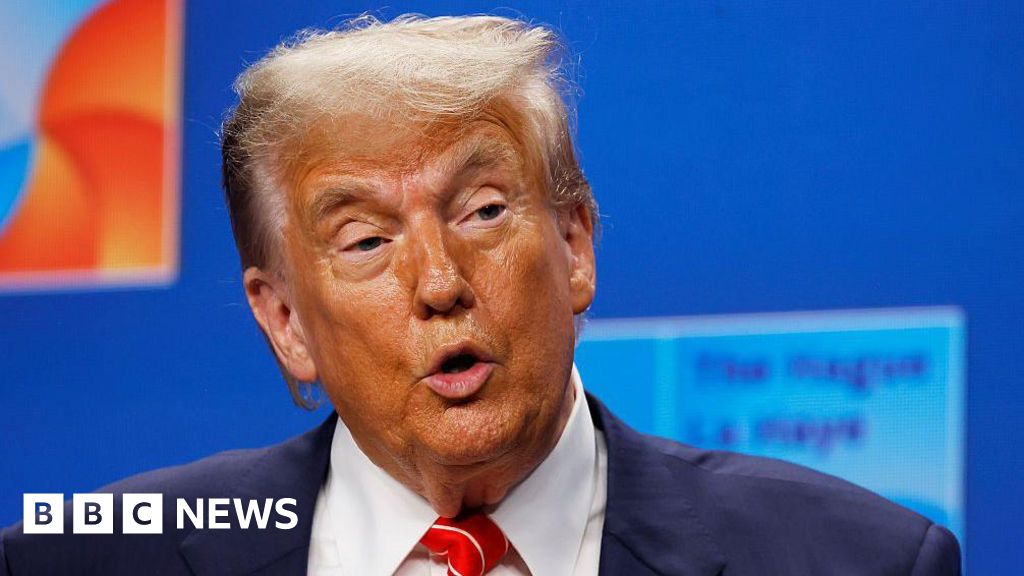Unlock the Editor’s Digest for free
Roula Khalaf, Editor of the FT, selects her favourite stories in this weekly newsletter.
The European Central Bank must avoid shrinking its balance sheet too much, its chief economist has said, warning this could impair lending and threaten financial stability.
Major central banks flooded the financial system with liquidity in response to a series of shocks over the past 15 years by buying unprecedented amounts of bonds and lending vast sums of money to commercial banks on generous terms.
Now, as rate-setters tighten monetary policy in response to high inflation, officials in the eurozone and elsewhere have started to debate the degree to which balance sheets should return to pre-2008 norms.
“There is a transition going on,” Philip Lane told an ECB conference on Thursday. “I don’t think we should go back to the world of very low bank reserves we had before the global financial crisis.”
Maintaining a larger balance sheet would encourage commercial banks to lend more, provide the financial system with a liquidity buffer to cope with future shocks and give the ECB more “headroom” to avoid interest rates falling back towards zero in future, he said.
His comments underline how the world’s central banks are trying to figure out how big a role to maintain in providing liquidity to the financial system — after pausing the recent monetary policy tightening they launched in response to a surge in inflation.
Despite 10 successive rate rises by the ECB, a big build-up of reserves, in the form of deposits held at the central bank by commercial banks, remains.
In the eurozone, the level of reserves is €3.7tn above what the region’s lenders are required to hold.
The ECB bought more than 30 per cent of all the eurozone bonds it could, expanding its balance sheet from just over €1tn before the 2008 financial crisis to almost €9tn two years ago. In the past year, it has shrunk close to €7tn, following the expiry of loans to commercial banks and an end to much of its bond-buying activity.
Some policymakers, including Bundesbank president Joachim Nagel, think the ECB’s bloated balance sheet provides extra monetary stimulus. That stimulus undermines the fight against inflation, they argue, calling for the central bank to stop reinvestments in a €1.7tn pandemic-era portfolio of bonds before the end of next year.
Nagel said in June there was “much to recommend a return to a far smaller central bank footprint in the market”.
“I am an advocate of significantly slimming down the Eurosystem’s balance sheet over the years to come,” he said.
While Lane did not spell out exactly how big he thought the ECB balance sheet should be, he said the central bank could maintain a “structural bond portfolio”, in addition to the regular short- and longer-term lending operations that existed prior to 2008.
“We neither want to be in an excessively severe regime, nor in an excessively abundant one,” said Lane. Keeping a sizeable level of reserves would “underpin the willingness of banks to extend credit in spite of the risks associated with illiquid assets (such as bank loans) in a world much more prone to macro-financial shocks”.
Piet Haines Christiansen, director of fixed income research at Danske Bank, predicted the ECB would keep a portfolio of bonds of between €1.5tn and €2tn, down from its current level of €4.7tn. “Today we have a structural change in demand for liquidity compared to pre-global financial crisis, not least also due to the regulation that has been implemented during the past decade,” he said.
Global regulators require banks to have a minimum level of highly liquid assets they can access quickly in a crisis, including deposits at a central bank or government bonds.
Making the case for keeping a larger balance sheet, Lane said reducing reserves too aggressively could leave commercial banks vulnerable to the “spillover” from a liquidity crisis at non-bank financial institutions, such as hedge funds or private equity. It would also risk a repeat of “self-fulfilling crisis episodes”, such as the eurozone sovereign debt meltdown a decade ago.
The ECB is reviewing its operational framework, including what is its ideal level of bank reserves, with the results due to be announced next spring.
“The ECB does seem to acknowledge that they will have to run a large balance sheet for longer, if only because banks need to operate with significant liquidity buffers in an environment prone to financial stability risks,” said Frederik Ducrozet, head of macroeconomic research at Pictet Wealth Management.
Credit: Source link










